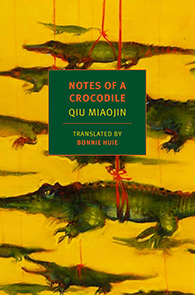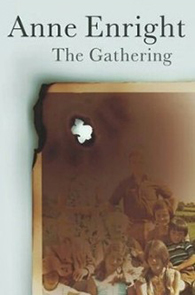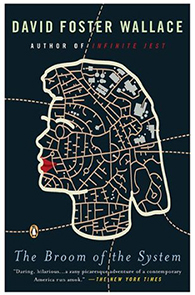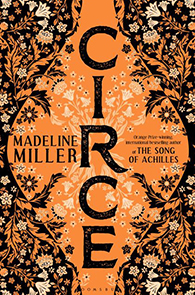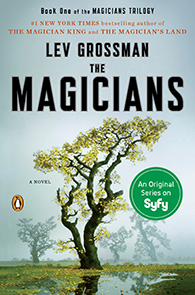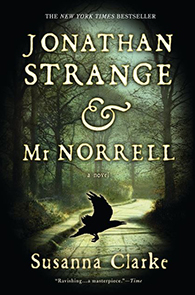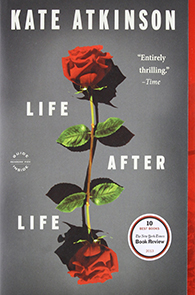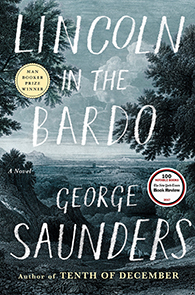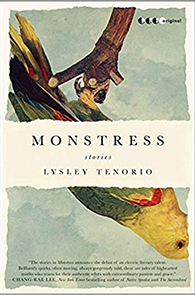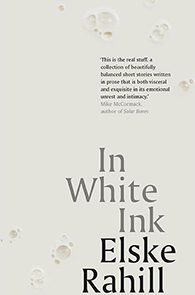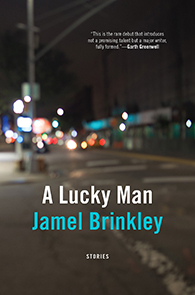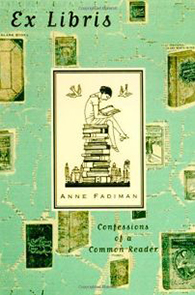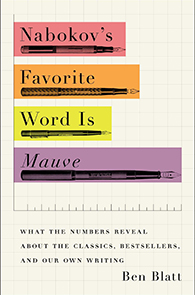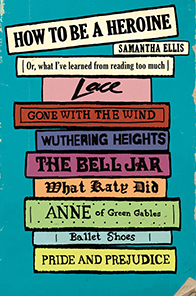
by Taylor Follett
A new year has come around and, with it, new resolutions and more books to read. Whether you’re participating in a Goodreads challenge, making time to enjoy yourself with a good book, or participating in a book club, we encourage you to join us and read more in 2019!
If you’re not sure where to get started, we have some recommendations.
If you’re looking for a novel above the cut, try:
Qiu Miaojin, Trans. by Bonnie Huie
Anne Enright
David Foster Wallace
Winner of the 2007 Booker Prize, Anne Enright’s The Gathering is a phenomenal book which features a not-quite-forty housewife, Veronica, in Dublin, Ireland dealing with the aftermath of her favorite brother’s death. The prose is controlled and enthralling as Veronica’s tumultuous mind reviews and recycles the events of their shared past, reaching all the way back to the night their grandmother and grandfather, while she attempts to navigate her grief in the present. The eponymous gathering after her brother’s death brings together all of their surviving siblings, where not-quite-voiced tensions play out and are again submerged. Anyone interested in Irish writing, female-voiced narratives, or just a very good book would greatly enjoy The Gathering.
Ready to take a step away from the real world, or at least, add some magical elements to it? Whether you want to occupy a magical version of Napoleonic-era England, present-day New York, or explore the world of Greek myth, these novels will entertain:
The Magicians by Lev Grossman is the first in a three-part series which, to fans of fantasy novels, self-consciously nods its head at genre classics such as Harry Potter and The Chronicles of Narnia. Often described as urban fantasy, the novel focuses on Quentin Coldwater as he eschews his Ivy-bound future in favor of Brakebills, a university which teaches magic that is much more complicated than Harry Potter would have us believe. Equally interspersed with hijinks expected of college students and a complete fantasy land, The Magicians is difficult to put down.
If you prefer your escapism with a side of history rather than magic, you won’t regret checking any of these historical fiction novels out:
Are you academic minded? Do you spend half your life researching some long-dead author for very little reward? Well, Roland Michell is, and does. Roland is an unimportant scholar who has devoted his working life to studying the works of fictional Victorian poet Randolph Henry Ash. After discovering a draft letter from Ash to an unnamed female poet, Roland embarks on a literary treasure hunt which has the potential to transform his professional and personal life. While the novel starts out in the 1970s, the reader gets to know Ash and his correspondent in-depth in the Victorian era. Anybody who has spent even a few minutes in academia will feel a little called out by this novel, but in the best of ways. Another Booker Prize winner (1990), Possession is a must-read for professors, students, and anyone who has ever been obsessed with a historical figure.
More interested in a series of stories than a saga? The following short story collections won’t disappoint:
In White Ink is a recent short story collection from another Irish author, Elske Rahill. The title is cleverly drawn from Hélène Cixous’s “The Laugh of the Medusa” and sets the tone for the collection. In each of the eleven stories, Rahill takes up a different aspect of motherhood and explores it, with stories from both male and female narrators that focus on the figure or role of women and mothers in Irish society. It’s poignant, insightful, and quite frequently heart-wrenching discussion of a frequently overlooked subject.
Let’s face it, if you’ve made it this far down in this list, you’re the type of person who loves books. And what better way to celebrate loving books than with books about books? Try these three for an interesting combination of essay and analysis, exploring what exactly it is about books that is so compelling to readers:
Anne Fadiman
Ben Blatt
Samantha Ellis
Nabakov’s Favorite Word is Mauve is the type of book that dedicated readers might feel wary about, as it proclaims to embark on a statistical analysis of literature. The subtitle, after all, is “What the Numbers Reveal about the Classics, Bestsellers, and Our Own Writing.” However, it might be better described as a statistical celebration of literature. Blatt takes writers’ own writing advice and sees if it holds up in both their novels and their sales, analyses gender using a kind of literary Bechdel test, and discusses whether U.S. or U.K. fanfiction writers are more likely to use U.K. slang in Harry Potter fanfiction. (Spoiler alert: it’s U.S. writers, and it’s usually used wrong.) Readers will walk away with new information about the way writers write and a new way to appreciate literature, while remaining firm in their belief that literature cannot be pared down to a science.
This list could have gone on forever, and luckily, the 52 miles of library shelves in Main Stacks practically do. Even once you make it through the above books, there’ll always be another wonderful read awaiting you. The Literature in the Library blog has plenty of recommendations! Happy reading, and happy New Year!
